Why Hollywood is dying slowly right now
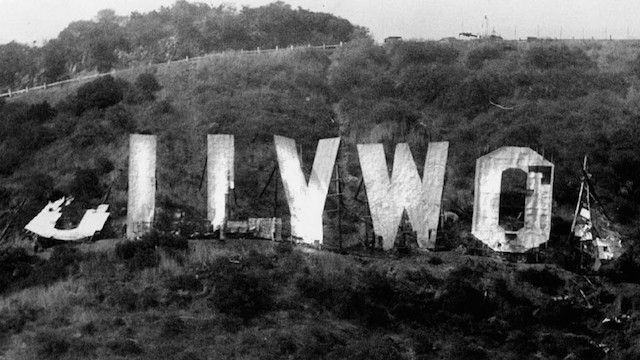
The Hollywood film industry has been the dominant film industry in the world for roughly one hundred years and to this day still mesmerizes or disappoints audiences across the globe with influence only matched by television networks. But recent box office numbers reveal that its power and influence are waning in a time when the popularity of satellite, cable or streaming TV is continuously rising.
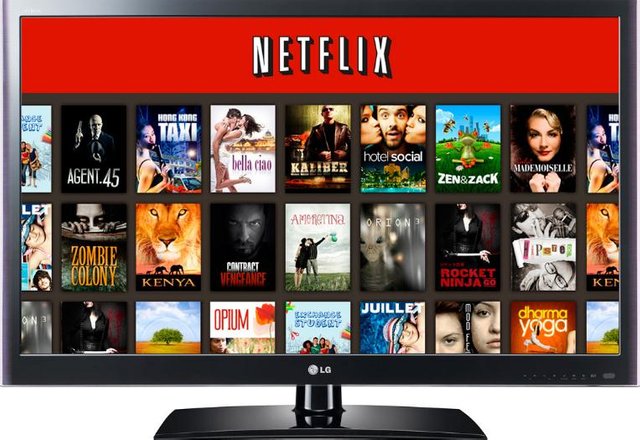
The July 2017 box office numbers are flat out abysmal for a month that should be in the middle of the top grossing season for Hollywood. The month of July this year took a 12.2% fall from July 2016. Even with common "tent pole" films like Spiderman: Homecoming and Despicable Me 3 in the month of July, the numbers show movie gower fatigue. While the year end box office numbers have increased each year from 2014 to 2016, 2017 will likely see a decline from 2016, with it currently being behind last year at this time by about 2%. This will not just be a short term downward trend. There is a confluence of factors that prove that Hollywood is in a precarious economic situation, one that is unlikely to change for the better.
http://www.boxofficemojo.com/news/?id=4313&p=.htm
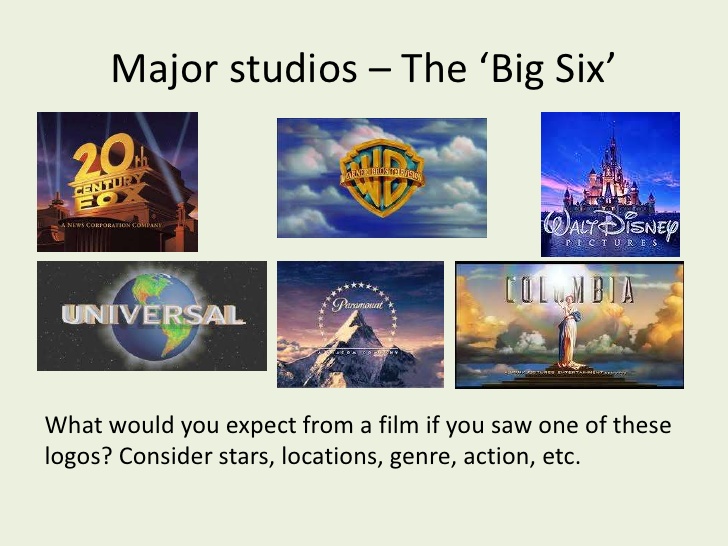
Box office numbers from recent years have shown that the large blockbuster films known as the "tent poles" have increasingly carried industry profits. From Star Wars: The Force Awakens to Jurassic World, big budget films that reach into the 100 million to 250 million dollar range in production cost have been the primary source of profit for "the Big Six" Hollywood companies. Standing head and shoulders above the other five, Disney (marked as Buena Vista) reached 26.3% of the Hollywood market share in 2016 with a number of blockbusters like Zootopia and Star Wars: Rogue One.

While strong outings from large blockbuster films will surely continue to some extent, 2017 is showing major movie going fatigue, with a number of big budget films either bombing or at least underperforming. Just looking at films that are currently out in theaters, the box office trouble should be apparent. Consider first the horrifying flop that is Valerian and the City of a Thousand Planets. With a budget estimated at $177.2 million, the film's profits currently stand at just under $89 million worldwide and it seems like it might be a struggle to reach $100 million. Last weekend saw the opening of The Dark Tower, which underperformed with $19.5 million dollars domestically on its opening weekend while having a budget of $60 million.
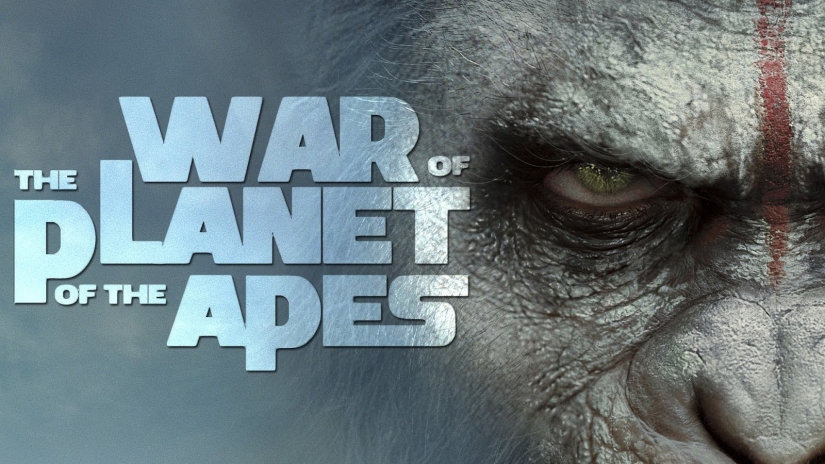
And then there are films like War for the Planet of the Apes and Despicable Me 3 that profit substantially less than the previous films in their respective franchise. With a budget of $150 million, War for the Planet of the Apes has garnered a mere $286 million globally and would be lucky to hit $300 million after receiving rave reviews and being the final movie in a trilogy. Paying $150 million to profit $300 million, a X2 multiplier, is well below satisfactory for an industry that would prefer far greater profits for so much investment. Despicable Me 3 is a better story, with an $88 million budget returning just under $900 million globally. But, compared to the profits from the predecessor in the Franchise Minions, which outperformed expectations with $1.16 billion globally in 2015, it's easy to see that there are still diminishing returns.

While films like The Fate of the Furious, Beauty and the Beast, and Wonder Woman have met expecations with massive global box office profits, I strongly argue that the cracks in the box office are undeniable and that is is serious long term trend for Hollywood. Here are more examples of films that have significantly underperformed this year: King Arthur: Legend of the Sword cost $175 million and reaped only $39 million domestically and $143 million globally. Smaller budget films like the recently released Detroit are also flopping hard. The contentious film about police brutality cost $34 million to make and has so far only profited $10 million and will be lucky to get to $20 million.

A major factor in this serious decline in profits for Hollywood is the absence of Millenials going to see movies at the theaters. Between illegally pirating the films online or preferring to watch Netflix in the comfortable atmosphere of home, Millenials are simply shunning Hollywood, as reported last year in The Atlantic in their article "Hollywood has a Huge Millennial Problem." When accounting for how many movie tickets US citizens have purchased per US population size, 2016 was the lowest since the 1920's. The loss of the youth going to see movies in the theater and preferring to stay home and watch Netflix is one of the primary causes. It also doesn't help that the average cost of a movie ticket has gone up steadily for decades. Just look at the chart below and you can understand why a Millennial generation strapped with student debt my not want to spend their discretionary income on going to the theaters when other forms entertainment are so accessible
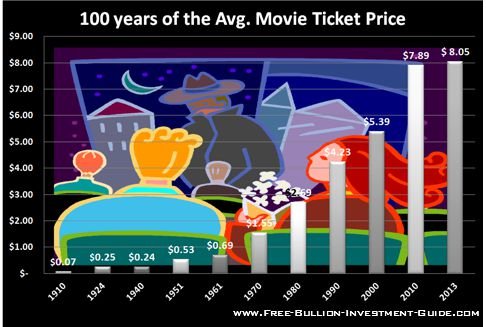
Another important factor is the short attention span of Millennials. A movie theater experience requires that the viewer avoid talking or using the phone. In this world if constant and instantaneous access to smart phones, social media, or game apps, the movie going experience is rendered increasingly unsatisfying and tedious for a generation at prefers to move from one form of entertainment to the next. It may be that Hollywood has to make storylines more simple and movies shorter to appease the changing taste and behavior of Millennials or simply see that demographic disappear.

It seems that Hollywood will continue to resort to creating horror films at a voracious pace since they continuously have low budgets and sometimes reap major returns, as was the case of 2017's Get Out and Split. Get Out was a box office darling that cost $4.5 million to make and profited $252 million worldwide, and Split cost $9 million and made $277 worldwide. While there will certainly be more box office successes this year and in the years to come, the writing is on the wall for the major film distributors in Hollywood: Hollywood profits will never be what they once were not too long ago.